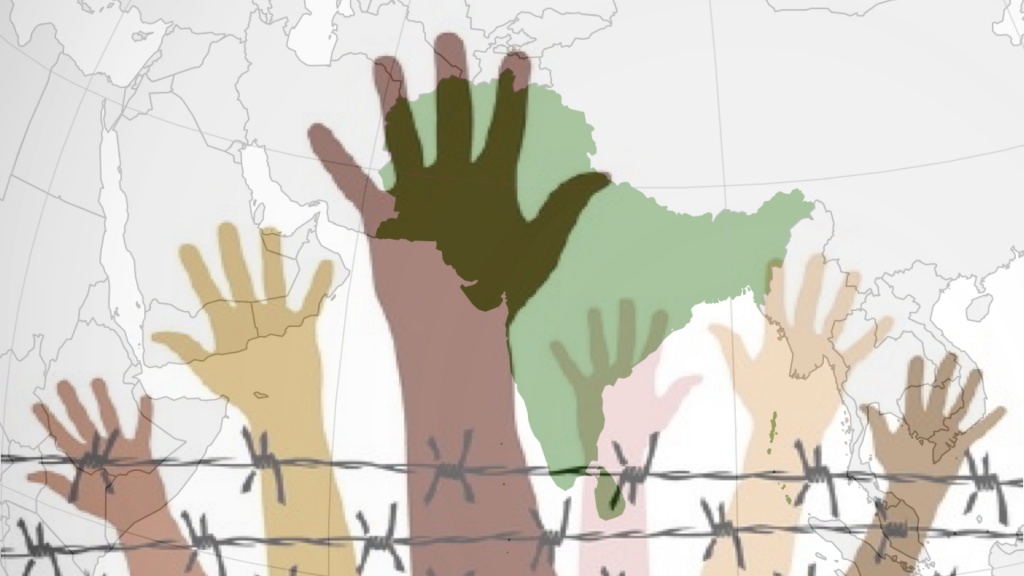Menu
Menu
Menu
SAHR is a democratic regional network with a large membership base of people committed to addressing human rights issues at both national and regional levels. SAHR aims at fostering the concept of multiple South Asian identities by enabling people to realise their ideals and aspirations for peace, democracy, secularism and human security, while promoting pluralism in approaches towards social, political, economic and cultural development of different communities, ethnic, linguistic, religious and other groups.
SAHR seeks to contribute to the realisation of South Asian peoples’ right to participatory democracy, good governance and justice by strengthening regional response, including regional instruments, monitoring human rights violations, reviewing laws, policies and practices that have an adverse impact on human rights and conducting campaigns and programmes on issues of major concern in the region.
SAHR’s basic policy is to identify the gaps in regional initiatives and to undertake activities which do not duplicate the work carried out by other regional or national NGOs. Its strength and legitimacy comes from its democratic structure and broad-based membership of recognised human rights defenders in the region.

Human rights activists in South Asian countries have for a long time supported the concept of evolving collective mechanisms on many issues of common concern, particularly in view of the fact that many human rights issues demand bilateral and regional solutions.
Recognizing this need a five-member committee comprising Mr. I.K. Gujral, former Prime Minister of India, Dr. Kamal Hossain from Bangladesh, Dr. Devendra Raj Panday from Nepal, Ms. Radhika Coomaraswamy from Sri Lanka and Mrs. Asma Jahangir from Pakistan organised a convention to discuss the possibility of a South Asian regional human rights organization. Delegates were drawn from recognized human rights organizations and included jurists, academics, public figures, trade unionists and media persons. The convention was held at the Neemrana Fort, Rajasthan, India on July 21-22, 2000. After extensive discussions the convention adopted the Neemrana Declaration and decided to set up an organization called South Asians for Human Rights (SAHR).
Adopted 22 July 2000
We, the people of South Asia – human rights activists, groups, networks and initiatives – belong to civil society in Bangladesh, India, Nepal, Pakistan and Sri Lanka met at Neemrana, Rajasthan, India on 21-22 July 2000.